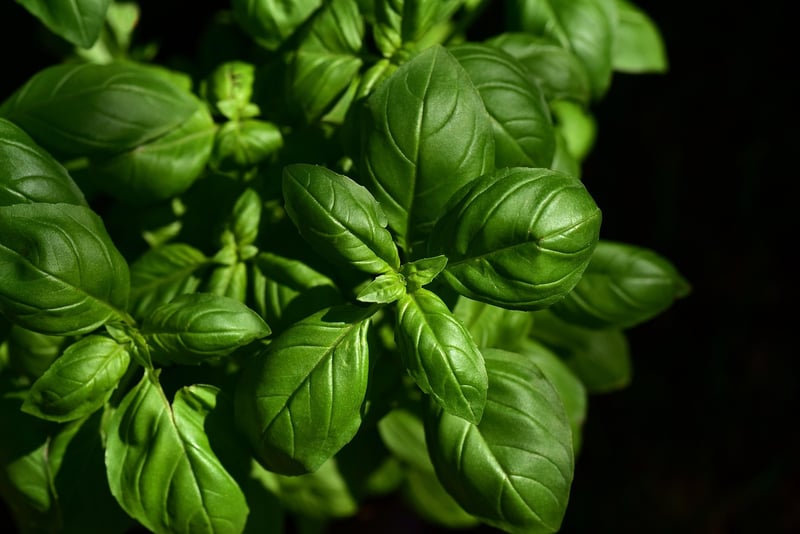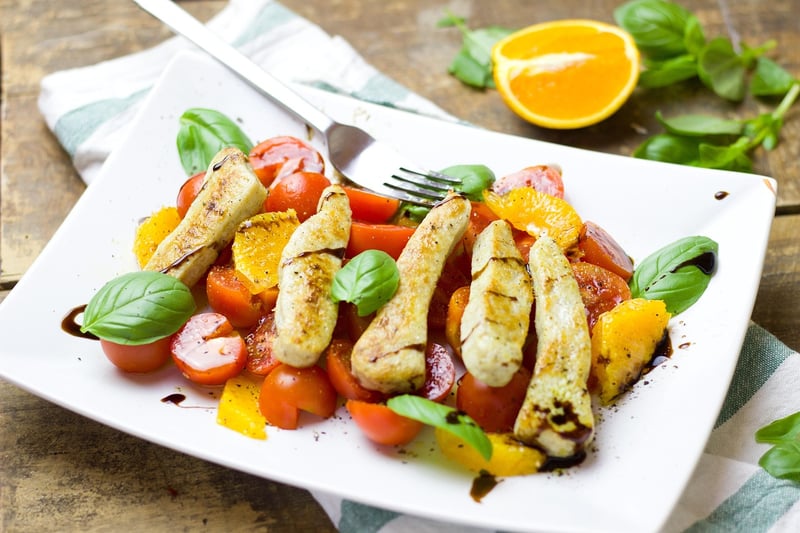Ingredient substitution
Enhance Your Culinary Skills with Ingredient Substitution

Whether you're a seasoned chef or just starting in the kitchen, understanding ingredient substitution can elevate your culinary creations to new heights. Knowing how to swap out ingredients can help you adapt recipes to your dietary restrictions, make use of what you have on hand, and even discover new flavor combinations.
Why Substitute Ingredients?
There are various reasons why you might need to substitute ingredients while cooking or baking:
- Dietary Restrictions: Substituting ingredients can help accommodate allergies, intolerances, or dietary preferences.
- Ingredient Availability: When a recipe calls for an ingredient you don't have, knowing suitable replacements can save the day.
- Experimentation: Trying out different ingredients can lead to unique and delicious dishes.
Common Ingredient Substitutions
Here are some common ingredient substitutions that you can use in your cooking and baking:
- Buttermilk Substitute: Mix 1 cup of milk with 1 tablespoon of vinegar or lemon juice for each cup of buttermilk needed.
- Oil Substitute: Replace oil with applesauce or mashed bananas for a healthier alternative in baking.
- Egg Substitute: Use mashed avocado, silken tofu, or flaxseed meal as a binding agent in place of eggs.
- Flour Substitute: Almond flour, coconut flour, or oat flour can be used instead of all-purpose flour in many recipes.
- Sugar Substitute: Honey, maple syrup, or stevia can replace granulated sugar in various dishes.
Tips for Successful Substitutions
When substituting ingredients in a recipe, keep the following tips in mind:
- Understand the role of the ingredient you're substituting to ensure it will work in the recipe.
- Consider the flavor profile of the substitution and how it will impact the overall taste of the dish.
- Be mindful of texture and moisture content when swapping ingredients to maintain the desired consistency.
- Start with small substitutions and adjust as needed based on taste and texture.
Mastering the art of ingredient substitution can open up a world of culinary possibilities and empower you to get creative in the kitchen. Experiment with different substitutions, and don't be afraid to put your own spin on recipes to suit your taste and dietary needs.
Remember, cooking is both a science and an art, and ingredient substitution allows you to explore and enhance your skills as a home chef.
